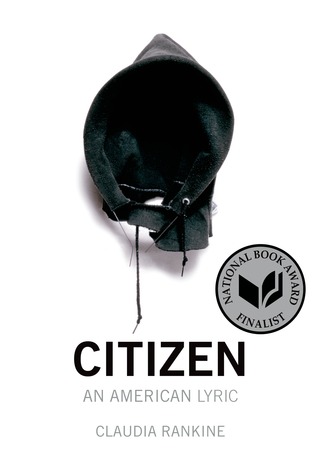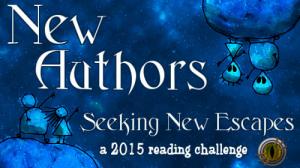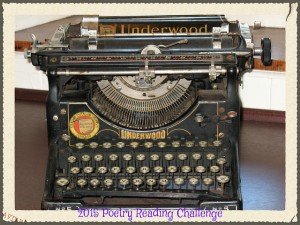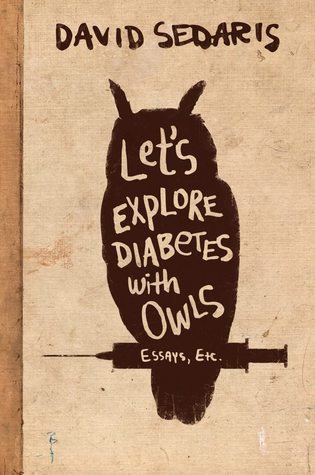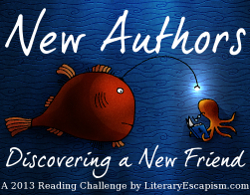
Paperback, 251 pgs.
I am an Amazon Affiliate
On Fairy Tales, Disability, and Making Space by Amanda Leduc, which was my next pick for my work’s book club, is a series of essays examining the myths, fables, and the comic book universe through the lens of disability exclusion and how some of the characters in these stories are often disfigured or disabled in some way and must embark on a quest or journey that transforms them into an able-bodied, perfect version of themselves in order to obtain their happily ever after.
“But it is never society that changes, no matter how many half-animals or scullery maids are out there arguing for their place at the table. It is almost always the protagonists themselves who transform in some way — becoming more palatable, more beautiful, more easily able to fit into the mould of society already in place.” (pg. 41)
“For many able-bodied people in the world today, the idea of disability comes shrouded in darkness. It is inconceivable to so many that someone could be disabled and also happy, because we as social beings have been taught, through the books we read and the films and television we watch and the music we listen to, the stories we tell one another, that to be disabled is to be at a disadvantage: to be a lesser body, to be a body that cannot function at the same level as other bodies in society.” (pg. 48-9)
While the Beast in Beauty and the Beast is under a spell to look unpleasing and Ariel in The Little Mermaid wants to have legs like humans to meet her prince, these characters are disabled because they do not fit into society’s version of who they should be, according to Leduc. But, they can be their best selves as they are, even without societal approval and achieve happiness to a certain degree, like all of us. She reminds us, “I was never there in fairy tales. I never saw myself.” (pg. 89) Representation matters.
The text, however, gets a bit dry in some parts, which forced me to skim over some of the historical details that I don’t think made her points any more poignant than they were in the first place. I wasn’t sure why she included her medical notes from her surgeon and doctors, except to provider her own background. I think for me, it interrupted the flow of her essays. I would have preferred her to parse out the relevant parts and included them in the narrative of each chapter rather than add-ons.
Leduc raises a number of points through her essays on disability as seen in fables and other stories, including Disney interpretations of those princess stories. Her parallels are solid, and she admits that charity is a societal way of excluding the disabled because it focuses too much on helping individuals, rather than embarking on larger societal change. “Fairy tales and fables are never only stories: they are the scaffolding by which we understand crucial things. Fairness, hierarchy, patterns of behaviour; who deserves a happy ending and who doesn’t. What it means to deserve something in the first place; what happy endings mean in both the imagination and the world.” (pg. 233-4) On Fairy Tales, Disability, and Making Space by Amanda Leduc provides a great deal to think about, particularly as we continue to expose our children to fables and fairy tales. We need to think how these stories will skew their worldview.
RATING: Tercet
About the Author:






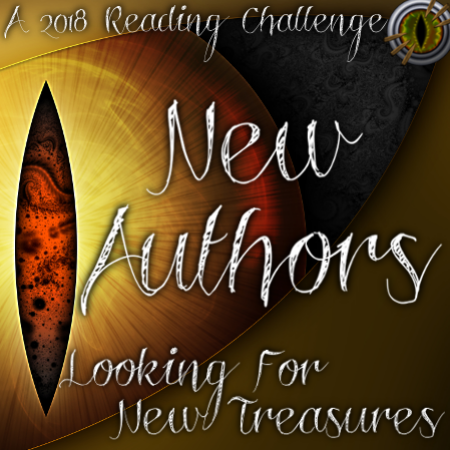



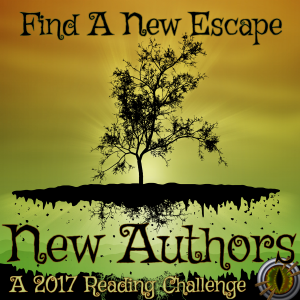

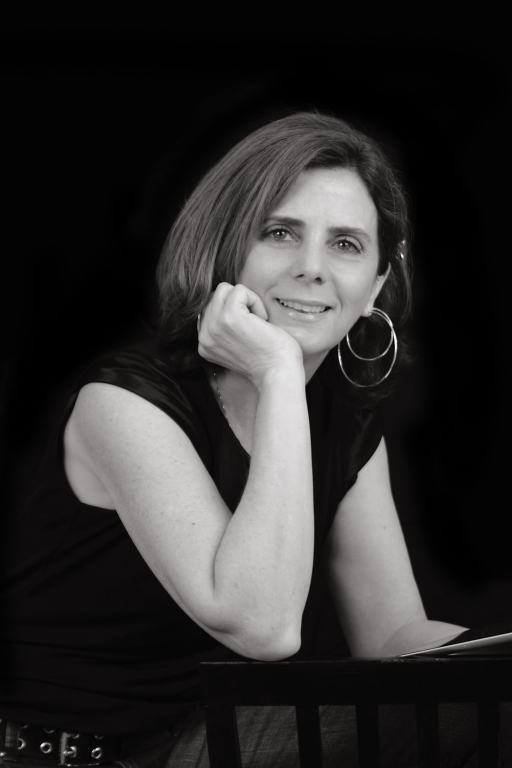 About the author:
About the author: